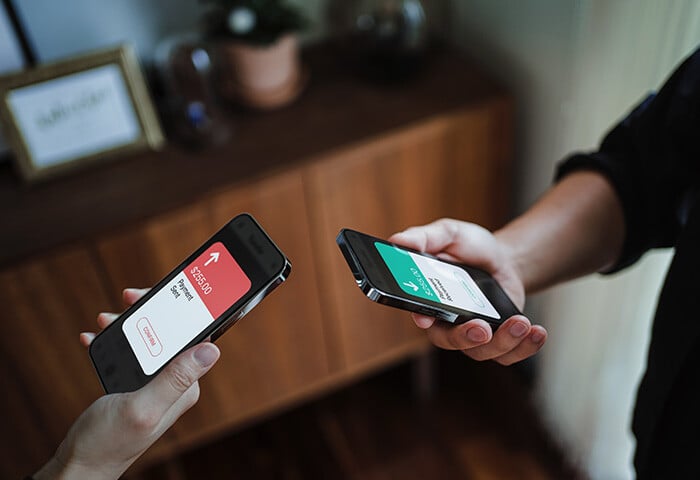Make sure you’re on a reputable site
You’ll probably go online to book flights, hotels, rental cars, and more. Unfortunately there are a lot of fake sites out there, just waiting to gobble up your hard-earned cash and spit out nothing in return. How can you know you’re on a legitimate one ?
Check the URL
Check to make sure the URL of the site uses https in the address bar. That used to mean that the site was definitely legitimate, but unfortunately some phishing sites are starting to use https, too. However, this is still one way you can filter out some fake sites. Also, make sure the URL looks real: for example, check to make sure you’re on https://www.delta.com, rather than a spoofed version. For more ways to detect illegitimate sites, check this detailed guide.
Go directly to the source
Use the airline or hotel’s actual website to make sure you’re getting the real thing. If you’re not sure, you can always make a quick phone call to the number listed on the site to make sure it’s legitimate.
Be careful with third-party websites
There are several sites out there that compare prices from different companies to help you get the best deal, so it can be worth using a third party site. But if you do so, make sure it’s a reputable one. You can easily check by searching it. For example, a quick search like “is Kayak a reputable site?” will help you make sure it’s legitimate. There should be reviews available for you to read, too.
Don’t agree to take communication off the site or platform
If you’re using a site like Airbnb or VRBO to a book vacation rental directly from the owner, make sure you stay on the site. If an owner tries to take your conversation off the app and over to email (or any other form of communication), that’s a red flag. You should especially never agree to send money directly to someone’s bank account. You need to keep all communication and payment on the site — that way, if something goes wrong, the site can help you recover your lost money. If you book off the site, you won’t have any recourse against scammers.
Pay with a credit card to get your bank’s protection
In general, it’s safer to pay with a credit card. Unlike when using a debit card, paying with credit doesn’t give any further access to your bank account. And most credit card companies have fraud protections in place. If you lose money on a fake booking, your company should be able to do a charge-back and return your money to you (it’s always a good idea to review your credit card’s policy on fraud so you know what to expect, though).
Use a VPN
To be even more secure, turn on your VPN before making any credit card transactions. That’ll keep all of your financial information encrypted so it can’t be intercepted by hackers.
Ignore fake freebies
You may see these circling around social media sites: take a quick survey from “an airline” and win money or free frequent flyer miles! Unfortunately, these are fake and you should avoid spreading them around, so don’t like or share them. And it’s especially important you don’t enter any personal information into a “survey” or any other form you find on Facebook, or any other social media sites.
Stay secure during your trip, too
Once you have your vacation all booked, there are a few quick cybersecurity tasks you should do before you set off to make sure you avoid being hacked while you travel. A little preparation goes a long way, so make sure to do these before you head out so that you can enjoy a carefree vacation. And be sure to protect your devices with a reliable antivirus solution.
And that’s that on travel booking: go forth and enjoy your trip!














